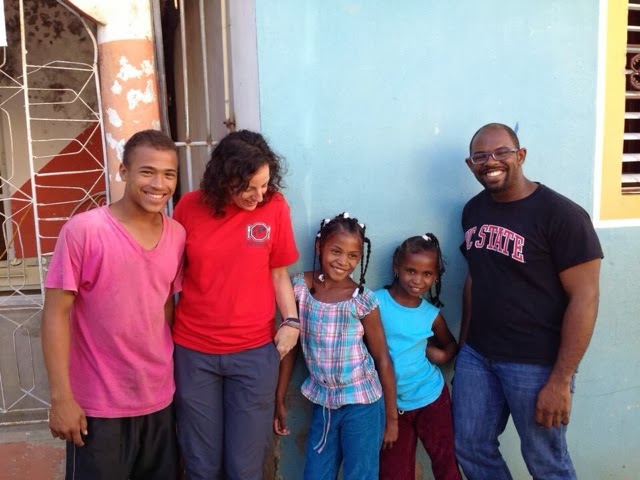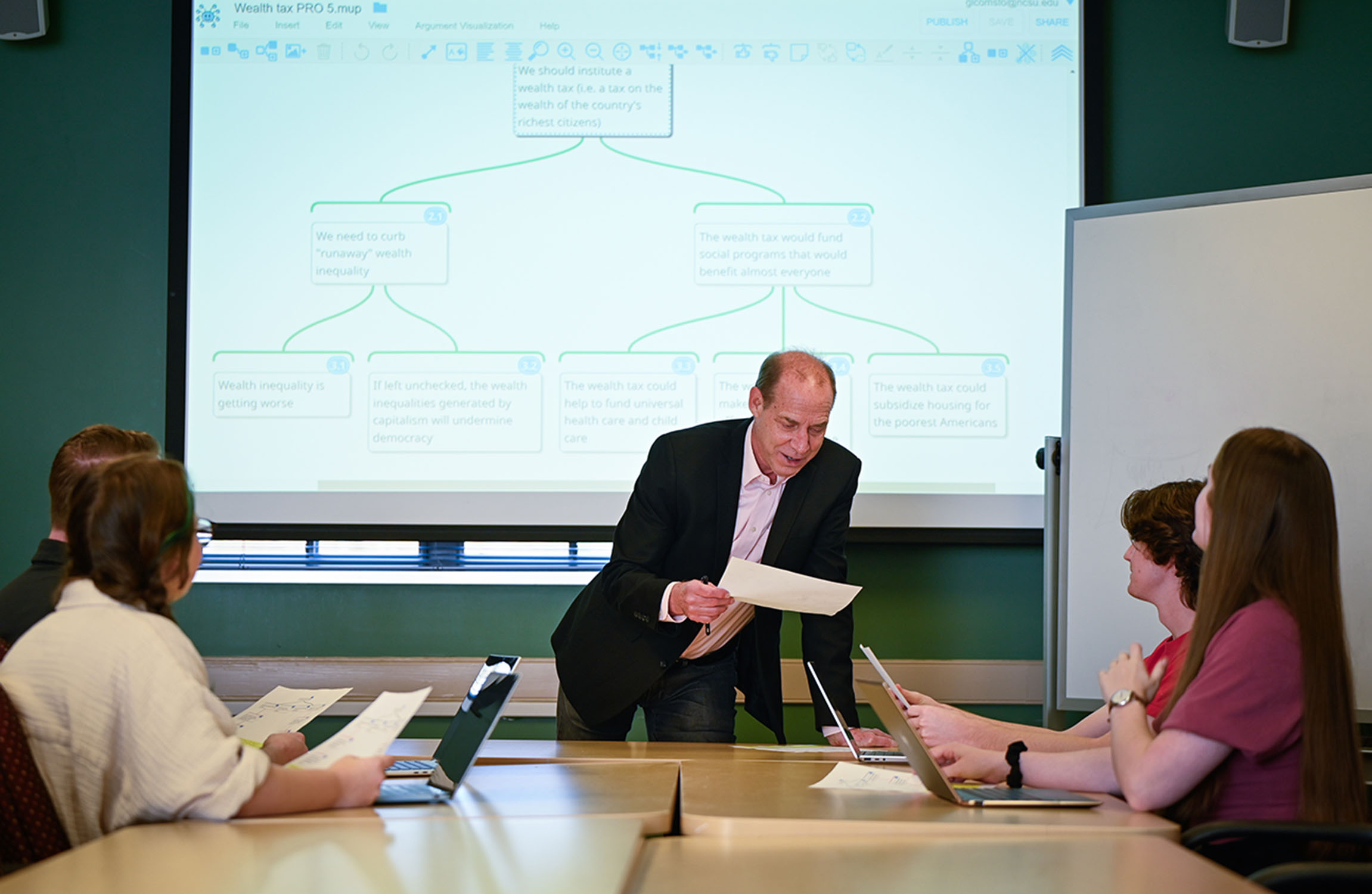Students Conduct Research for Stop Hunger Now in Dominican Republic

Normal
0
false
false
false
EN-US
X-NONE
X-NONE
/* Style Definitions */
table.MsoNormalTable
{mso-style-name:”Table Normal”;
mso-tstyle-rowband-size:0;
mso-tstyle-colband-size:0;
mso-style-noshow:yes;
mso-style-priority:99;
mso-style-parent:””;
mso-padding-alt:0in 5.4pt 0in 5.4pt;
mso-para-margin:0in;
mso-para-margin-bottom:.0001pt;
mso-pagination:widow-orphan;
font-size:10.0pt;
font-family:”Cambria”,”serif”;}

NC State graduate students in the Masters of Social Work (MSW) program are conducting on-the-ground research for international nonprofit Stop Hunger Now, and they’re off to a flying start. Literally. On January 31, 13 students gathered at RDU airport, headed to the Dominican Republic, where they will visit medical facilities, orphanages and schools to evaluate the impact Stop Hunger Now is having there.
“Stop Hunger Now has asked us to help them determine whether their strategies are effective in addressing hunger,” says Dr. Marcie Fisher-Borne, assistant professor of social work, who is teaching the Advanced Social Work and Evaluation course. “Are they moving toward meeting their mission to end hunger in our lifetime?”
Fisher-Borne anticipates the course—NC State’s first international graduate course in social work—will benefit students, faculty and collaborating organizations. “In keeping with the university’s strategic plan, this innovative approach to extension and engagement will increase graduate students’ global knowledge and civic engagement through a strategic partnership that will lay the foundation for future interdisciplinary faculty and student connections with Stop Hunger Now,” she says.
Follow Fisher-Borne and her students through their blog.
The project is supported through an NC State EEED seed grant (Extension, Engagement, and Economic Development), the Faculty Research and Professional Development Fund and individual student funding.
By Caroline Blunck, CHASS Communication Intern
- Categories:


